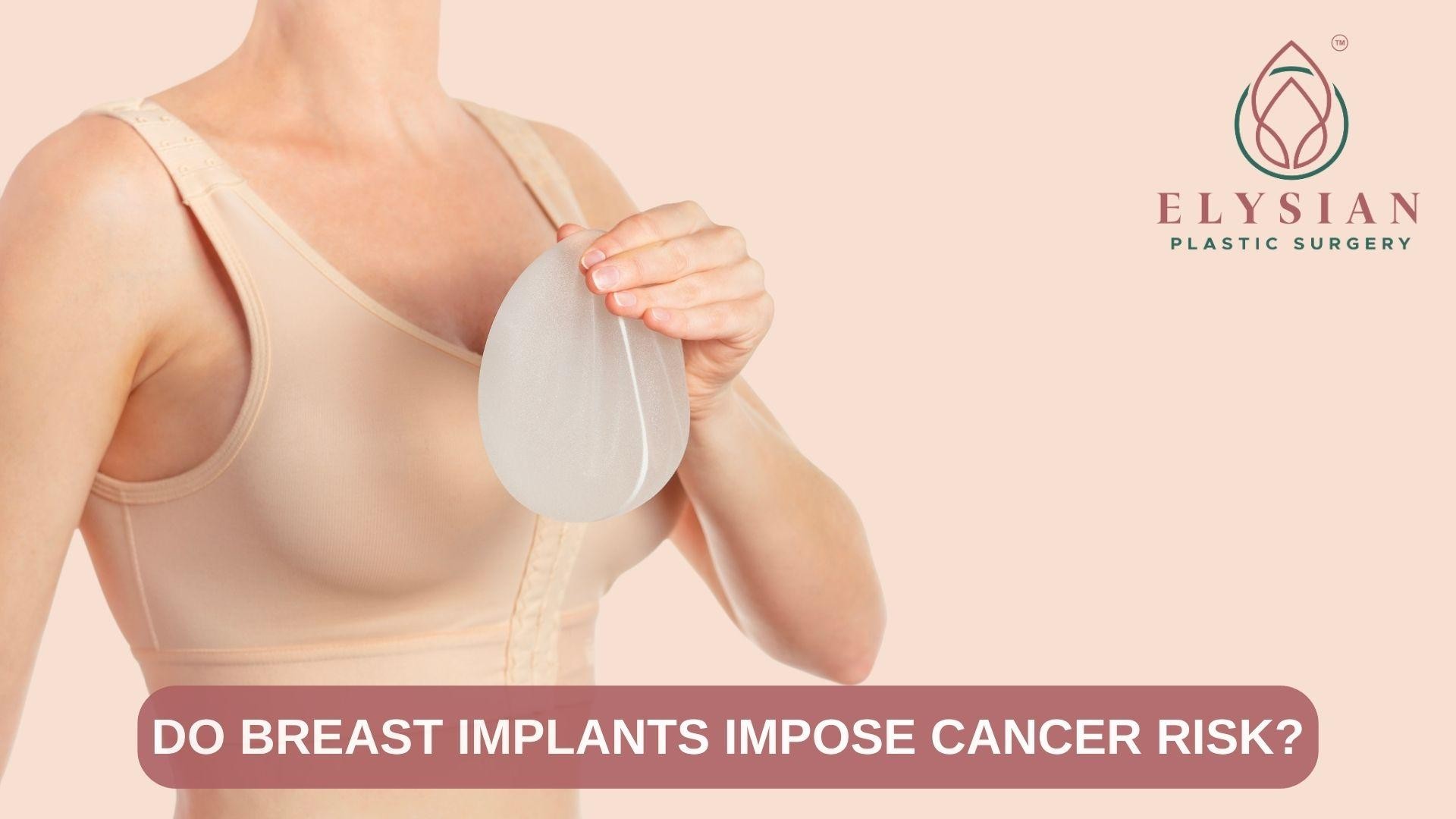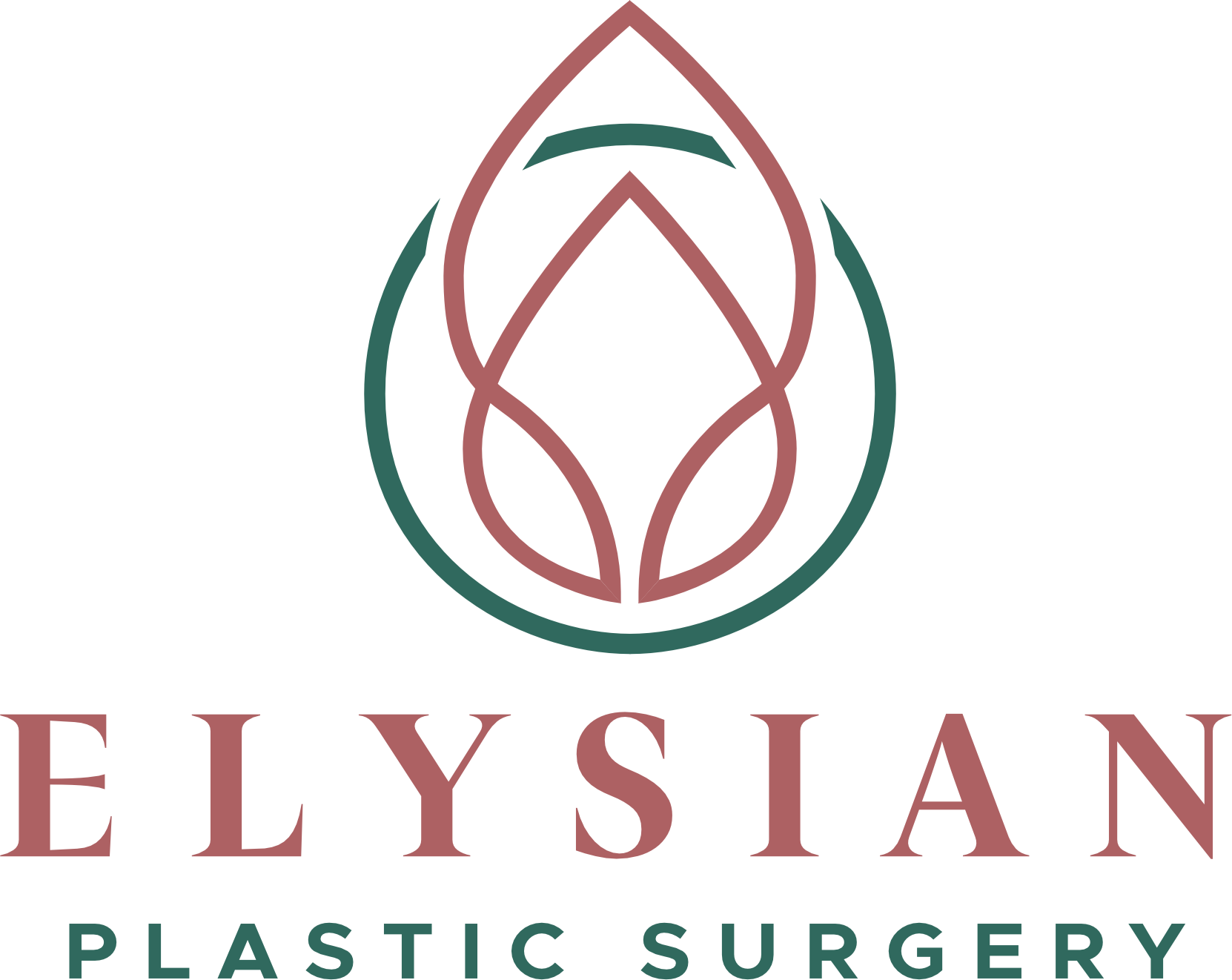Do Breast Implants Increase Breast Cancer Risk?

Breast augmentation with silicone implants remains one of the most popular cosmetic procedures globally. In recent years, there has been growing concern around the safety of breast implants, particularly their potential connection with cancer. Whether you have implants for years or are simply considering the procedure, this is essential reading.
We at Elysian Plastic Surgery Centre, being one of the Best Plastic Surgery Centre Surat break down the facts, risks, symptoms, and current medical consensus.
Do Breast Implants Increase Breast Cancer Risk?
To begin with the most common concern: No, breast implants do not cause breast cancer.
Several long-term studies, including data from the FDA and the National Cancer Institute, have found no increased risk of developing breast cancer in women with implants when compared to the general population.
There are two extremely rare but noteworthy conditions that have been linked to breast implants:
· Breast Implant-Associated Anaplastic Large Cell Lymphoma (BIA-ALCL)
· Squamous Cell Carcinoma (SCC) of the capsule surrounding the implant
These are not forms of breast cancer, but they are still serious and should be understood clearly.
What Is BIA-ALCL and How Serious Is It?
BIA-ALCL is a rare type of non-Hodgkin’s lymphoma. It doesn’t form in the breast tissue itself, but rather in the scar capsule that naturally develops around the implant. The incidence varies depending on the source, but it’s estimated to occur in 1 out of every 3,000 to 30,000 women with textured implants. For smooth implants, which are now the most common type used, the risk is considered extremely low to negligible.
BIA-ALCL is primarily associated with textured-surface implants, which are no longer commonly used. Symptoms often appear 8–10 years after surgery, typically as sudden swelling, a lump, or fluid buildup around the implant. Most cases are caught early and treated successfully through surgical removal of the implant and capsule. Early detection and expert evaluation by the Best Plastic Surgeon in Surat can make all the difference in successful outcomes.
What About Squamous Cell Carcinoma (SCC)?
Squamous Cell Carcinoma is far less common than BIA-ALCL, arising in the capsule around the implant. Unlike SCC of the skin (which is relatively common), this form is extremely rare and has only been reported in a small number of cases. As of the FDA’s 2022 update, there have been fewer than 20 confirmed reports of implant-associated SCC worldwide. Most of these occurred in women with older implants more than 10 years and were often associated with chronic inflammation or implant rupture.
Can Breast Implants Make It Harder to Detect Cancer?
Although implants are not linked to the development of breast cancer, they may make early detection more challenging, particularly when placed over the muscle (subglandular placement). Silicone implants can obscure mammogram results.
Regular imaging is important for monitoring both implant condition and overall health. At the Best Plastic Surgery Centre in Surat, we recommend the following imaging schedule (as per FDA guidelines):
· First MRI or high-resolution ultrasound at 5–6 years after implantation
· Continue with imaging every 2–3 years thereafter, even if you have no symptoms
· If you notice any swelling, pain, or changes, seek immediate imaging and evaluation
Ultrasound is often easier to access and more affordable, but MRI is more accurate for detecting silent ruptures. (Note: Saline implants don’t require routine imaging unless symptoms arise)
How Do You Know If Something’s Wrong?
Here are a few warning signs to watch for:
· New or persistent swelling around the implant
· Pain or discomfort
· A lump or firm area in the breast or underarm
· Sudden asymmetry between breasts
· Hardening or tightness (capsular contracture)
· Skin rash, redness, or warmth
If any of these symptoms appear years after surgery, promptly consult your plastic surgeon. An experienced and qualified consultation with the Best Plastic Surgeon in Surat ensures you get the most accurate diagnosis and care.
Do Older Breast Implants Pose More Risk?
Yes. The longer breast implants remain in the body, the higher the risk of complications like rupture, leakage, or capsule thickening. Although many women have implants for 10–15 years without problems, risks increase over time, which may explain rare cases of BIA-ALCL and SCC found in implants older than 10 years.
Final Thoughts: Should You Be Worried?
Most women with breast implants do not encounter cancer-related complications. Although BIA-ALCL and SCC have been reported, these are extremely rare, particularly with the use of contemporary smooth-surfaced implants.
Emphasis should be placed on prevention rather than alarm. Patients are encouraged to remain informed, attend regular medical follow-ups, and promptly consult a plastic surgeon if any unusual symptoms arise. With the right information and guidance from the Best Plastic Surgery Centre in Surat, breast implants can be considered safe — provided that patient health and timely care remain a top priority.
